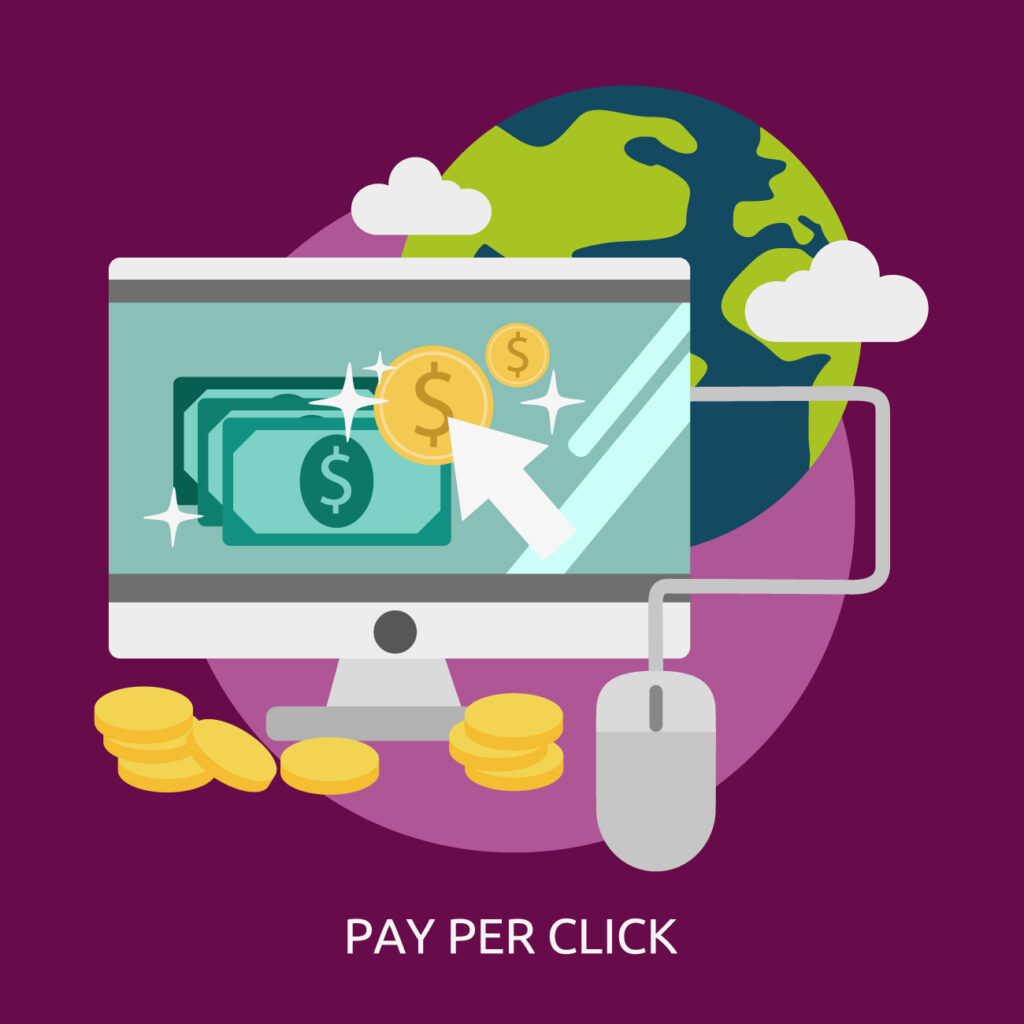PPC Budget Allocation can make or break the success of your advertising campaigns. With the right strategy, you can attract your ideal audience while keeping costs in check. Whether you are new to Pay-Per-Click advertising or looking to refine your approach, understanding how to split your budget is critical for strong outcomes.
In this guide, we will walk through actionable steps and proven techniques for PPC budget allocation, so you can confidently manage your advertising efforts.
What Is PPC Budget Allocation and Why Does It Matter?
PPC budget allocation refers to deciding how much money to assign to various campaigns, platforms, or ad groups within your marketing strategy. Getting it right ensures that your funds are spent effectively and helps you meet your business goals.
When handled poorly, your budget can be wasted on underperforming campaigns, leaving little room for high-performing ads to shine. On the other hand, a clear allocation strategy ensures your investment is used where it matters most.
Steps to Create a Clear PPC Budget Allocation Plan
1. Set Clear Advertising Goals
Before you assign any funds, ask yourself: what do you want to achieve with your ads?
- Are you trying to generate leads?
- Do you want to increase website traffic?
- Are you looking for direct sales?
Defining goals is the first step in designing an effective PPC budget allocation plan. Your objectives will dictate where and how you spend. For example, if lead generation is your focus, you might allocate more budget to search ads with high-intent keywords.
2. Understand Your Target Audience
Knowing your audience ensures your funds reach the right people. Study demographic data, behaviors, and preferences to guide your allocation.
Ask these questions to narrow your focus:
- Where does your audience spend their time online?
- Are they active on search engines or social media?
- What is their buying intent when they search for your product or service?
The more targeted your ads, the higher the likelihood of clicks and conversions.
Choosing the Right Platforms for Your PPC Budget
3. Assess the Best Advertising Platforms
Each platform comes with its strengths, and your choice will impact your PPC budget allocation.
- Google Ads: Ideal for search intent and widespread reach.
- Facebook Ads: Great for visual ads and targeting based on demographics or interests.
- LinkedIn Ads: Best for business-to-business (B2B) campaigns.
Choose platforms where your audience spends the most time and where you are likely to achieve your goals.
Breaking Down Your PPC Budget: PPC Budget Allocation
4. Allocate Based on Campaign Priorities
Not all campaigns are equal. Prioritize the ones that contribute most to your goals.
For example:
- Assign 50% to top-performing campaigns.
- Use 30% for testing new strategies.
- Reserve 20% for retargeting efforts to re-engage previous visitors.
This division allows flexibility while ensuring your core campaigns remain well-funded.
5. Track Cost-Per-Click (CPC) and Conversion Rates: PPC Budget Allocation
Understanding CPC and conversion data is critical for PPC budget allocation. High CPCs can drain your budget if not paired with high conversions.
- If conversions are low, reduce spending on those campaigns.
- Redirect those funds to better-performing ads.
Regular monitoring ensures that your budget is used efficiently.

The Role of Keywords in PPC Budget Allocation
6. Focus on High-Value Keywords
Investing in the right keywords can make your campaigns more profitable. Use tools like Google Keyword Planner to find keywords that match your audience’s search intent.
- Prioritize keywords with a balance of high search volume and low competition.
- Avoid overbidding on broad, general terms that may not convert well.
7. Regularly Update Your Keyword Strategy: PPC Budget Allocation
Keyword performance changes over time. What works today might not work tomorrow. Monitor trends and adjust your budget to match new opportunities or rising search terms.
Test and Refine Your Campaigns
8. Conduct A/B Testing
Testing different versions of your ads allows you to determine what works best.
For example, create two variations of an ad with different:
- Headlines
- Call-to-action phrases
- Visuals or designs
Allocate a small portion of your budget for these tests to improve future campaigns.
Tracking and Measuring PPC Budget Success: PPC Budget Allocation
9. Monitor Campaign Performance Regularly
Your work does not end after setting up campaigns. Use tools like Google Analytics or platform-specific dashboards to evaluate results.
Track key metrics, such as:
- Click-through rates (CTR)
- Return on ad spend (ROAS)
- Conversion rates
Adjust your budget if certain campaigns underperform.
10. Identify and Eliminate Wasteful Spending
Look for campaigns that consume funds but deliver little value. Common culprits include:
- Broad-targeted ads with low click-through rates
- Ads targeting regions or demographics that do not convert
Reallocate that money to better-performing areas.
Retargeting and Remarketing Tips: PPC Budget Allocation
11. Use Retargeting to Re-Engage Visitors
Retargeting allows you to reconnect with users who have previously interacted with your website. These campaigns often have a higher ROI because they target warm leads.
Allocate a portion of your PPC budget to retargeting campaigns, especially during sales seasons or promotional events.

Common Mistakes in PPC Budget Allocation to Avoid
12. Overinvesting in One Campaign
Spending too much on a single ad or campaign can limit your reach. Spread your budget across multiple campaigns to diversify your results.
13. Ignoring Mobile Optimization
Many users browse and click ads on mobile devices. Ensure your ads and landing pages are mobile-friendly to avoid losing potential customers.
How to Scale Your PPC Budget Over Time
14. Start Small and Increase Gradually
Begin with a modest budget. Once you identify successful campaigns, gradually increase funding to amplify results without overspending.
15. Use Seasonal Campaigns to Your Advantage
Certain times of the year, such as holidays, may bring more traffic and conversions. Temporarily boost your budget for these high-demand periods.
Conclusion: PPC Budget Allocation
Creating an effective PPC budget allocation plan does not have to be complicated. By understanding your goals, studying your audience, and focusing on data-driven decisions, you can ensure your budget works hard for your business. Remember to monitor and adjust regularly to keep campaigns on track.
With these strategies in place, you are set to achieve meaningful results from your advertising efforts.








